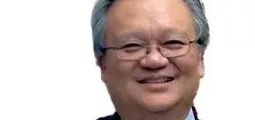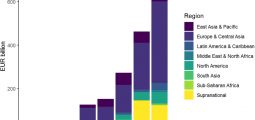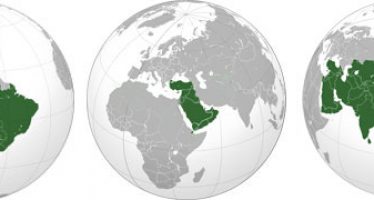José Piñera Echenique: Robbing the State of Its Piggy Bank
Chile owes a debt of gratitude to the Piñera family. This debt may not always be universally acknowledged but most Chileans would readily agree that the Piñeras have played a key role in the country’s politics and economics over the past sixty odd years.
Sebástian Piñera is the current president of Chile. His brother Pablo sits on the board of directors of the country’s Central Bank after having been president of Banco del Estado – the single state-owned commercial bank in Chile. Another of the Piñera scions, Miguel, made a name in show business and assumed the part of black sheep, ever so often landing in trouble. The family also boasts a bishop, a score of diplomats and a few noted academics.
However, it is one of the lesser-known Piñeras who left the most indelible of imprints on Chilean society. In the early 1980s, José Piñera Echenique was instrumental in the revamping of Chile’s underfunded and close-to-defunct retirement system.
As Minister of Labour and Social Security, José Piñera – together with his colleague at the Ministry of Finance, Hernán Büchi (see our cover story) – designed and implemented a radically new model of retirement financing centred on privately-run pension funds, taking the state out of the equation.
In a few years’ time, this model – simplicity itself – became the foundation upon which Chile’s ensuing economic prosperity was built. The pension funds – their deposits now safe from being raided by the insatiable state – soon provided a steadily increasing stream of funds that made the erstwhile dormant Santiago Stock Exchange into a vibrant hub of domestic finance and a dependable, and generous, provider of capital to Chilean business.
Economists the world over marvelled at the edifice José Piñera and Hernán Büchi planned and erected. Through its pension funds, Chile became one of the very first emerging economies to power its own, accelerated development via a domestic capital market. Other countries – such as the UK – took note and borrowed elements from the Chilean model for their own pension system reforms.
While at the head of the Ministry of Labour and Social Security, José Piñera also successfully privatized health insurance, redefined the role of labour unions and opened the mining sector to private operators and investors.
Though participating in a government ultimately run by the military, José Piñera frequently gave voice to his liberal leanings. In 1981, he famously and successfully intervened to safe labour leader Manuel Bustos from being sent into exile. During and after his time as minister, Mr Piñera published more than seventy articles and essays critical of the military junta’s human rights record and as such became one of the few dissident voices the censors did not dare silence.
You may have an interest in also reading…
IFC: Capital Markets Key to Development
Ending extreme poverty for good and building shared prosperity across the developing world takes money – a lot of money.
Magatte Wade: An African Serial Entrepreneur with a Heart
She’s none too serious, loves joking around and utterly fails to get the point of forced sex. Meet Magatte Wade,
2012 CFI Top 100 Emerging Markets Companies’ Nominations
The 2011 CFI Top 100 Emerging Market Companies were compiled by using the nominations and the votes from CFI’s subscriber


























































































